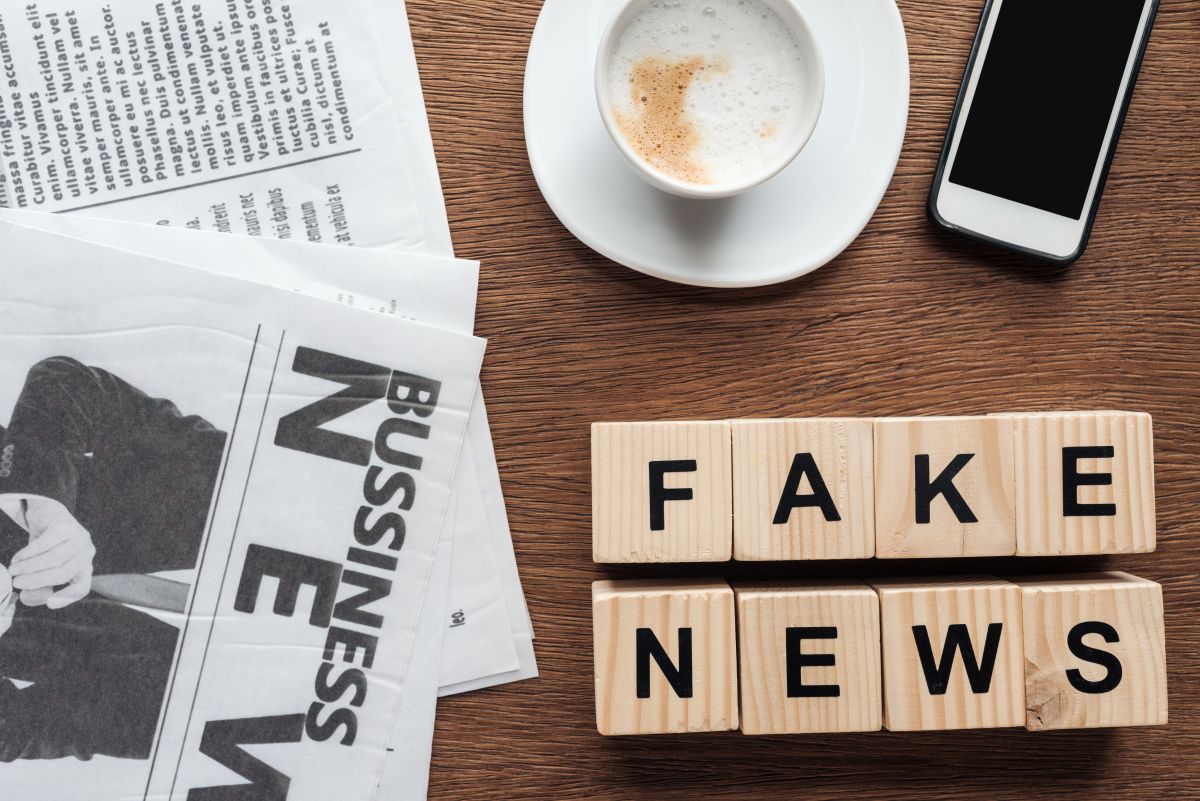
The impact of fake news on the reputation of small businesses in Panama is a growing concern, as misinformation spreads rapidly online and often targets companies that do not actively manage their online profiles or websites.
Tabla de contenidos
Introduction
The impact of fake news on the reputation of small businesses in Panama is increasingly severe, especially because many neglect their online profiles and websites, leaving them vulnerable to misinformation that can erode customer trust and damage their brand.
What Is Fake News and How Does It Affect Small Businesses?
Fake news refers to false or misleading information deliberately spread to harm a target. For small businesses in Panama, fake news can take many forms: unfounded accusations, fabricated negative reviews, false promotions, or even manipulated images and videos designed to create controversy or distrust.
Unlike large corporations with dedicated crisis teams, small businesses often lack the resources to respond quickly and effectively. This exacerbates the impact of fake news, which can spread unchecked across social media, review platforms, and local digital media, causing financial losses and long-lasting damage to reputation.
Why Are Small Businesses in Panama Especially Vulnerable?
Many small businesses in Panama do not prioritize managing their digital presence. It is common to find outdated websites, incomplete profiles on Google My Business, or neglected social media accounts. This lack of attention creates gaps that misinformation campaigns can exploit.
Additionally, small business owners often lack the tools or knowledge to monitor online mentions or detect fake news early. Without proactive reputation management, false information can quickly gain traction, influencing customers and partners before the business can react.
Real Consequences of Fake News on Business Reputation
Studies show that fake news can damage a company’s reputation by up to 16%, even if the false information is later debunked. For small businesses in Panama, the consequences include:
- Loss of customer trust, which is essential for repeat business and referrals.
- Decreased sales as potential clients turn to competitors perceived as more trustworthy.
- Difficulty attracting new customers or partners due to lost credibility.
- Additional costs in damage control, legal advice, or marketing campaigns to rebuild reputation.
Even a previously strong reputation can be affected, as fake news creates doubts and can weaken customer loyalty.
Common Types of Fake News Affecting Small Businesses
- Fake negative reviews: Competitors or malicious actors post false negative reviews on Google, Facebook, or Yelp to lower a business’s rating.
- Unfounded accusations: Claims about unethical behavior, poor product quality, or legal issues that have no basis.
- Misleading promotions: Fake coupons or offers that confuse customers and generate distrust when the business does not honor them.
- Manipulated media: Altered videos or images that distort the reality about the business or its leadership.
How Small Businesses in Panama Can Protect Themselves
Even with limited resources, there are effective actions to defend against fake news and protect online reputation:
1. Build a Strong and Trustworthy Digital Presence
An updated website and active, transparent profiles on Google My Business and social media generate trust. Businesses known for honesty and quick responses are less vulnerable to misinformation.
2. Regularly Monitor Online Mentions
Free tools like Google Alerts and social listening platforms allow tracking mentions of the business name, products, and key people. Early detection of misinformation enables a faster response.
3. Respond Quickly and Professionally
When false information appears, it is crucial to respond immediately with clear, verifiable facts. Addressing fake reviews or accusations shows commitment to transparency and quality.
4. Educate the Team and Stakeholders
Train staff to recognize signs of misinformation campaigns and establish internal protocols for reporting incidents to maintain consistent communication.
5. Develop a Crisis Response Plan
Prepare template responses and assign roles for managing reputation crises to act swiftly when fake news threatens the brand.
6. Leverage Local Community Support
Collaborate with local organizations, customers, and influencers to build a network of advocates who can help counter misinformation and reinforce a positive reputation.
The Role of Technology in Fighting Fake News
Artificial intelligence has made it easier to create sophisticated fake news but has also enabled more accessible defense tools. Small businesses can use AI-powered monitoring solutions to detect fake profiles, coordinated campaigns, and deepfakes early, allowing timely intervention.
Conclusion
The impact of fake news on the reputation of small businesses in Panama is a real and growing threat, especially for those that neglect their online profiles and websites. Understanding the risks and adopting proactive strategies—such as building a strong digital presence, monitoring mentions, responding quickly, and educating the team—is essential to protect reputation, maintain customer trust, and thrive in an increasingly challenging digital environment.
Investing in online reputation management is no longer optional for small businesses in Panama; it is a necessity to secure their future in the digital marketplace.
